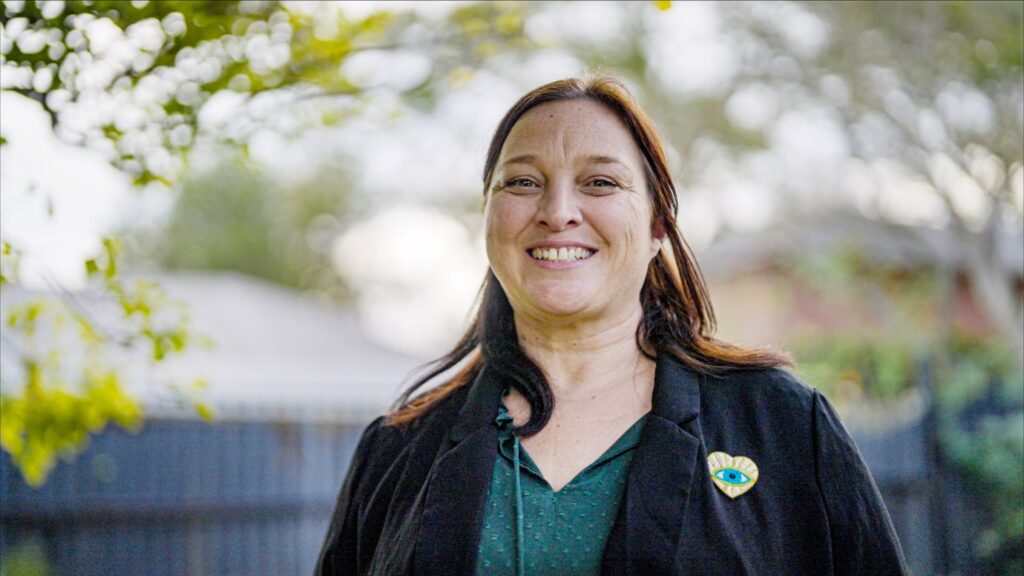When I tell people we run a program for women exiting prison, I’m often met with puzzled looks. Shouldn’t we focus our precious resources on people who haven’t done the ‘wrong thing’? Surely, intergenerational trauma is too big a problem to possibly solve? We’ve been warned, more than once, about unconscious bias, media backlash, and the potential risk of losing donors and supporters; the implication being that these are women best left alone.
But maybe stubbornly, those attitudes and stigma just urged us on. Since 1977, The Women’s and Girls’ Emergency Centre (WAGEC) has worked with some of the most marginalised women in our community. In keeping with our feminist values, would these not be exactly the women and children we should be working with?
Sadly, of the 2,400 women who move through NSW prisons every year, approximately 30 per cent do so from homelessness. Upon exit, at least 50 per cent have nowhere to go. With a 40 per cent increase in the number of women charged and convicted between 2014-2023, this is a problem that’s only getting worse.
Fifty-eight per cent of women in prison are either on remand or serving a short sentence of 12 months or less, and 63 per cent are mothers of children. Shockingly, Aboriginal women are 22 times more likely to be incarcerated than non-Indigenous women.
Behind every one of these statistics are the faces of women I know; women we’re proud to walk alongside at WAGEC. Not long ago we were visiting Dillwynia Correctional Centre, and I’ll never forget a young woman who approached me at the desk.
Just 21-years-old, due to be released the following week, and she had nowhere to go. She told me her Mum had “given up on her”, and that she didn’t really know her Dad. She saw her only option as going “back to my ex – he’ll have me but I don’t want to go there. That’s where all the drugs and trouble is for me. I really want a new start”.
By this time, she was sobbing, and if I’m honest I was holding back tears too. Completely alone but ready for change. Who was going to help her?
Many crisis services are reluctant to accept women with a criminal record, and she certainly didn’t have any money to see her through. After hearing her story, I was ready to do almost anything I could to help her. I gave her my number, but I never heard from her. Maybe she found her own way and didn’t need help… maybe…
For the last 2 years, WAGEC has been running a first-of-its-kind program called From Now. Specifically designed for pregnant women and mothers exiting incarceration with nowhere to go, we provide dedicated support including safe and stable accommodation, intensive case management, trauma-informed care, and cultural connections for Aboriginal women and their families.
From Now keeps families together during the most vulnerable transition period, with the knowledge that 47 per cent of women currently in prison have been there before. This is how we help keep women out of prison.
So far, our pilot has supported 115 mothers and 109 children and provided 3,745+ nights of safe accommodation. At least 41 per cent of participants identified as Aboriginal and/or Torres Strait Islander women. Almost all (85 per cent) have completed a parenting education program, and 100 per cent have completed sessions on the impacts of domestic and family violence, on themselves and their children. And every single woman who entered the program has successfully retained custody of her children. We released the findings from the first few years of the From Now program this month, and it’s clear: it’s working.
Such success may be contrasted with the huge costs of incarceration and child protection placement: $180,000 per woman per year in prison, plus an average of $110,000 annually per child placed in care. We all know the costs aren’t just financial either. It is hard to understand why governments are not urgently scaling this program because what we currently have in place is not working, and is more expensive.
Make no mistake. The women we meet have been failed as children – every one of them. The systems that were meant to protect them – from childhood sexual abuse, violence, and poverty have all let them down.
It is too convenient, that as a society, we decide to start the story when someone is arrested rather than when someone was abused. While prison might be part of her story — but it is never the whole story.
This must change if we are to make real progress on these issues and programs such as From Now offer a real alternative to incarceration. It is our responsibility as a community to disrupt this cycle and support those most in need of care. Nothing could be more urgent.
Feature Image: Nicole Yade. Credit: Salty Dingo.


